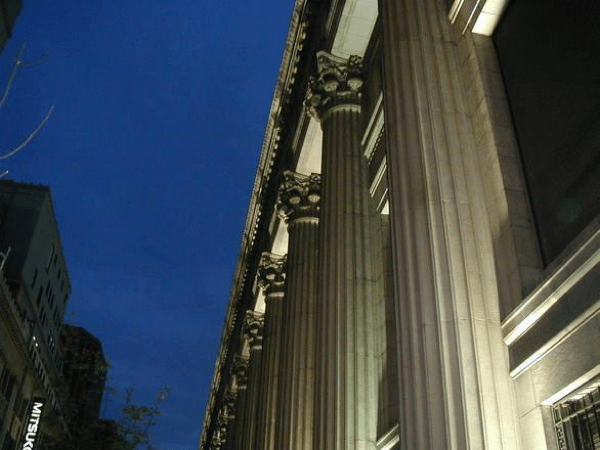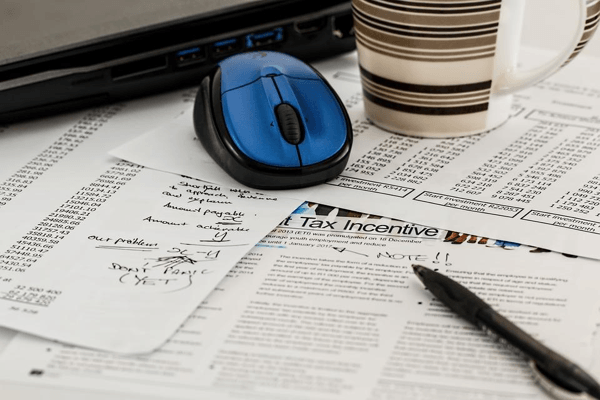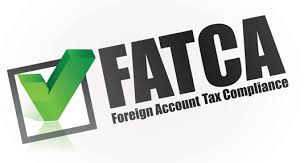
For most people, the thought of someone robbing them is a terrifying one. If someone takes your wallet or breaks into your home, everything you worked hard for could be gone in an instant. Protecting yourself with offshore bank accounts is about keeping your money out of harm’s way.
There are things all of us do to protect what we already have, however. There are locks for your home or business to keep out intruders. Alarms to alert the authorities if they get in. You can secure wallets and other valuable items inside a pocket or purse. As well, common advice tells us to leave some valuable items at home.
When it comes to protecting your financial assets, there are many things you can do. In addition to the locks, alarms, and other physical security measures, you can establish the proper legal tools. Robbery is only one of many ways to lose the money you’ve already earned. One of the strategies you can use to counter that is to open an offshore bank account. This is especially effective if you hold the account in an asset protection trust. Offshore banking accounts can provide you with security and peace of mind so that you can focus on what’s most important: growing your assets.
This article will explain why offshore banking might be a good investment for you. We will give you some of the tools you need to get started.

What Is an Offshore Bank Account?
Before getting into the benefits and security of opening one of these accounts, let’s start with an offshore banking definition. The word “offshore” can be used to describe any bank, investment, deposit, or corporation that is located a country outside of the investor’s home country. A country or jurisdiction that houses an offshore account can be anything, from a landlocked country to an island.
Individuals and companies that invest in offshore banking do so for a variety of reasons – some legitimate and others illicit. In 2015, it is estimated that people held approximately $2.10 trillion in profits overseas, across 304 U.S. corporations, per Investopedia.
Many different countries and political divisions have offshore financial centers (OFCs). People use them for international business and financial transactions. Among them, the level of transparency and regulations differs. But they can improve the flow of capital and provide benefits both to the bank and the investor.
Offshore banking is a popular strategy for protecting financial assets. So, let’s look at some of the reasons individuals and company owners decide to open offshore bank accounts.

Tax Avoidance
Taxes are inevitable. But paying more in taxes than you need to is way you can lose a lot of your financial assets. This is a common reason behind investing in banks in foreign countries; to avoid paying too much money in taxes and to retain more of your financial assets.
There are two terms associated with this tax benefit: tax avoidance and tax evasion. There’s a big difference between these terms. According to The Balance, tax avoidance is “the legitimate minimizing of taxes, using methods approved by the IRS”. Some of the ways to do this are maximizing tax deductions, taking advantage of deferral plans, and accruing tax credits. Transferring some of your assets to an offshore account for a legitimate purpose is another method of tax avoidance. Moreover, and saving money in taxes leaves more money for other investments. So, your money multiplies at a faster rate.
Tax evasion, however, is “the illegal act or practice of failing to pay taxes which are owed.” Tax evasion can apply to any income, employment, sales, or other taxes which one either under-reports or does not reported at all. Using an offshore account to evade taxes is against the law. Thus, it can result in hefty fines and even jail time. U.S. people, as well as people in many other pay taxes on worldwide income. So, for peace of mind be sure to get cozy with a good CPA who can help walk the fine line and stay tax compliant.

Asset Protection
Just like a safe can provide a barrier between your gold or jewelry and a thief, an offshore banking account owned by your offshore LLC and/or offshore asset protection trust, can create a barrier around your assets, preventing unwanted access.
When someone hits you with a lawsuit or other legal dispute, your assets are at risk. Do you think that could never happen to you? The Legal Research Network has reported that people file about 15 million lawsuits every year the U.S. every year. Divided out, that equals out to one lawsuit for every one out 12 adults – every single year. Those aren’t great odds to face if you want to keep yourself or your company secure. With an offshore account, your foreign assets are protected from being seized, which can reduce your overall losses.
Banking Offshore and Increased Privacy
A thief can’t take everything you own if they don’t have a full inventory of your possessions. In the same way, an offshore account can increase your financial privacy. An overseas account divides your assets, increasing your security by concealing some of your finances from the penalties of an unexpected issue.
In order to get the most out of your financial privacy, a good first step is to open an offshore corporation, LLC, or trust. Setting up one of these establishments protects your identity, so that when you open your offshore banking account, your personal information is protected as well. All your banking transactions will be under the name of your company instead of your name.

Which Banks to Trust
Once you’ve decided to protect your assets from “thieves” with an offshore bank account, it can be hard to know who to trust. What are the best offshore banking countries? There are so many options out there that it can be overwhelming to try to make the right decision for you.
If you want a great bank that’s relatively easy to get an account with, Streber Weekly has created a list of some of the best offshore bank accounts. Many offshore providers have worked with these banks, giving them a strong reputation. These banks include DBS (Singapore, Hong Kong, China, and others), Mauritius Commercial Bank (Mauritius, Seychelles, Maldives), OCBC (Singapore, Hong Kong, and others), State Bank of Mauritius (Mauritius), and Standard Bank (Isle of Man, Jersey, Africa, worldwide).
If safety is among your highest concerns, Global Finance produces a yearly list of the safest banks. Their ranking system looks at the 500 largest banks in the world by asset size. Then, the banks are ranked by analyzing the long-term foreign currency ratings given by three prestigious rating agencies. The top three banks in this list of 50 include KfW (Germany), Zürcher Kantonalbank (Switzerland), and Landwirtschaftliche Rentenbank (Germany).

FATCA
Protecting your assets from being lost isn’t effective if you don’t do it right. One of the most important things to consider when opening and maintaining an offshore banking account is to ensure that you’re following the appropriate tax laws. Failing to follow the law can result in huge fines and penalties, including jail time.
In 2010, congress passed the Foreign Account Tax Compliance Act (FATCA). This law enforces the requirement that U.S. citizens must file yearly reports on their non-U.S. assets. In order to help citizens follow this law, the IRS created a list of Foreign Financial Institutions (FFIs) that have been registered with and approved by FATCA. The banks and other institutions on this list have agreed to follow the requirements of FATCA. They disclose accounts held in foreign countries by U.S. residents.
Using an institution from the FATCA FFI list for your foreign bank account helps certify that you are using a trusted bank for your account. The government updates this list monthly at the beginning of the month, and one can search it by country, institution, or FATCA ID.

Is it Illegal?
A common question associated with opening one of these beneficial accounts is whether offshore accounts are illegal. According to Investopedia, it’s all in how you manage and report your account holdings.
Going into offshore investing with the intent to hide your money or evade taxes is illegal. There are some tax exclusions with the International Revenue Service (IRS) for money earned abroad. Therefore, the overall taxes you pay may be lower, but your offshore account is not entirely tax exempt. So, you go into the process of offshore banking with legitimate purposes. Thus, you can ensure that the benefits you’ll get from the account are entirely legal.

How to Open an Account
When you’re ready to open an offshore banking account, the best way to start is to consult us. As financial professionals, we can help direct you toward the overseas accounts that provide the best options and protection for your unique case.
To start off, you’ll need at least a passport or other international identification. Depending on which bank is right for you, you might need additional documents. You might need to follow different regulations, like maintaining a specific balance or having a certain initial deposit. The requirements for opening an account vary by bank and country. But some banks even have options to open an offshore bank account online.
Once you set it up, accessing your account is usually simple. With today’s technology, most financial transactions can be done online. Wire transfers, traveler’s checks, bank transfers, apps, and other services allow you to access, deposit, and re-distribute your assets.
Don’t let the threat of losing your money keep you up at night, preventing you from making the most of your financial assets. Open an offshore bank account now to protect your money in the future. Use the number or form on this page in order to get more help.

